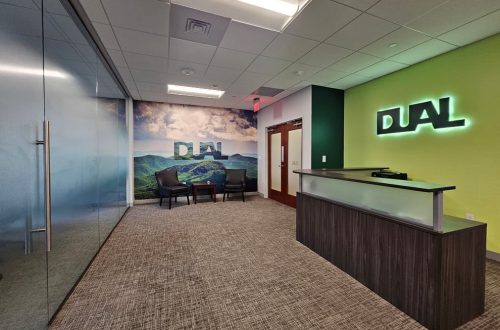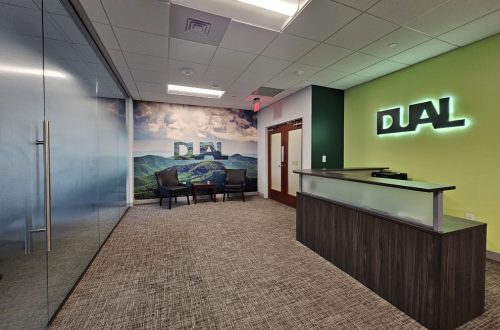In today’s fast-paced world, where convenience is king and time is of the essence, delivery services have become indispensable. From food to packages, and everything in between, the demand for efficient and reliable couriers has never been higher. But as technology continues to evolve and consumer expectations shift, the potential for delivery courier service for business to revolutionize various industries is truly boundless.
The Rise of Delivery Services
The advent of delivery services can be traced back to the traditional postal system, where letters and packages were transported by mail carriers. However, with the rise of e-commerce and on-demand services, the delivery landscape has undergone a dramatic transformation.
Today, a plethora of companies offer delivery services for virtually any product or service imaginable. Whether it’s groceries, clothing, or even medication, consumers can now enjoy the convenience of having goods delivered right to their doorstep with just a few taps on their smartphones.
The Impact on E-Commerce
One of the primary beneficiaries of the rise of delivery services has been the e-commerce industry. With the ability to offer fast and reliable shipping, online retailers have been able to reach a wider audience and compete more effectively with brick-and-mortar stores.
Delivery services have also played a crucial role in driving customer satisfaction and loyalty in the e-commerce space. By providing accurate tracking information and timely deliveries, companies can enhance the overall shopping experience and build trust with their customers.
Unlocking New Opportunities
Beyond the realm of retail, delivery services have the potential to unlock new opportunities in a variety of industries. For example, in the food industry, the rise of food delivery apps has enabled restaurants to expand their customer base and increase revenue without the need for additional seating space.
Similarly, in the healthcare sector, delivery services can improve access to essential medications and medical supplies, particularly for those who may have difficulty accessing traditional pharmacies. This is especially relevant in rural areas or for individuals with mobility issues.
The Role of Technology
Central to the success of modern delivery services is technology. From GPS tracking to route optimization algorithms, advancements in technology have significantly enhanced the efficiency and reliability of delivery operations.
For instance, the use of drones and autonomous vehicles holds the promise of even faster and more cost-effective deliveries in the future. Companies like Amazon and Google are already experimenting with drone delivery services, and as the technology matures, we can expect to see widespread adoption across various industries.
Challenges and Opportunities Ahead
While the potential of delivery services is vast, there are also challenges that must be addressed. Issues such as last-mile delivery logistics, environmental sustainability, and labor rights remain significant concerns that need to be carefully navigated.
However, with innovation and collaboration, these challenges can be overcome. For example, companies can explore alternative delivery methods, such as electric bikes or eco-friendly vehicles, to reduce their carbon footprint. Additionally, investing in employee training and development can help improve working conditions and ensure fair wages for delivery workers.
Conclusion
Delivery services have come a long way since the days of traditional mail carriers. With advancements in technology and shifting consumer expectations, the potential for delivery services to revolutionize various industries is greater than ever before.





